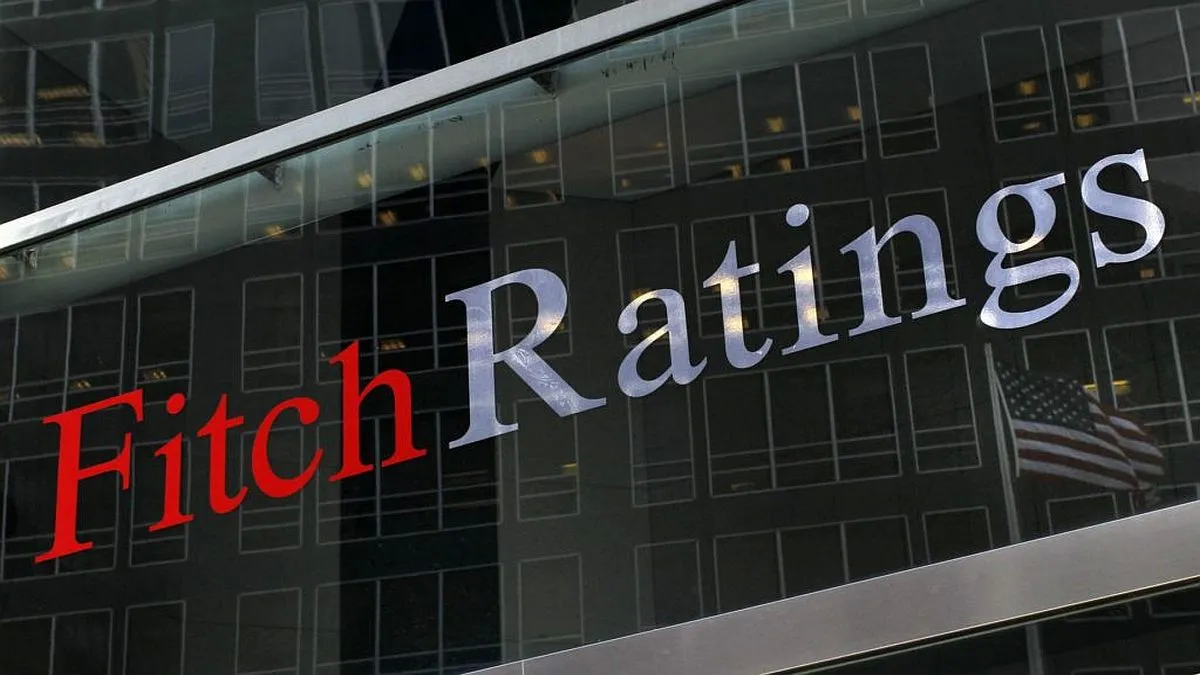Fitch Ratings published this week the report regarding the forecasts of the credit fundamentals of Latin America for this year, which is immersed in several electoral processes in different countries such as Mexico, Panama and the Uruguay.
Although the report expresses the possibility of continuity of policies, from Fitch They assured that the context of the elections occurs in the midst of “mediocre growth, higher poverty rates, political polarization and risks of social mobilizations.” On the other hand, they emphasize that the composition of the new congresses will also influence governability, while fragmentation “could hinder the progress of reforms and policy adjustments.”
About Uruguay, They highlighted that it is the country that presents the least risks due to its high social and political stability, where its “solid governance indicators of the country” also stand out. world Bank“However, they established that one of the challenges facing the next Uruguayan government is a “greater fiscal consolidation that improves the debt trajectory.”
Mexico and Panama
About the situation of Mexico, from Fitch They emphasize that the new administration of that country will have to face the challenge of “implementing a fiscal consolidation strategy given the expected budget deficit of almost 5% of GDP in 2024”, which could require a reform that improves income.
In the polls the candidate Claudia Sheinbaum occurs with a wide margin. “A Sheinbaum victory would imply broad political continuity, although uncertainty remains over the fiscal and energy sector policies of a possible Sheinbaum administration. The victory of his opponent, Xochitl Galvezof the Broad Front for Mexico, can bring with it more market-friendly policies in the energy sector,” they explain.
Regarding Panama, they assure that the country “will face great challenges in addressing fiscal pressures to reduce high sovereign financing requirements and rebuild exhausted fiscal space.” According to the agency, this will involve difficult policy decisions, such as implementing income-enhancing reform, fiscal austerity and pension reform.
Fitch raised Uruguay’s debt rating in 2023
The rating agency Fitch raised the credit rating of Uruguay to BBB last year, with a stable outlook, after several years of keeping the country on the verge of removing its investment grade (BBB-).
The agency’s report highlighted the resilience of the country’s fiscal performance following the Covid-19 pandemic, as well as the significant fiscal consolidation carried out by the government in recent years. According to Fitch, Uruguay managed to “strengthen fiscal credibility, increase resilience to economic crises and reduce the risk of a potential increase in the stock of public debt.”
Likewise, the social security reform voted at the end of April in Parliament – and its consequent impact on the sustainability of the country’s pension system – was noted by the credit rating agency of USA as a “strong demonstration of fiscal responsibility, in contrast to previous years where pension rules were made more flexible.”
Other elements highlighted by Fitch were the stable dynamics of the government’s debt —although they drew attention to its sensitivity to exchange rate movements—; robust external finances and the actions of the Central Bank of Uruguay (BCU) in terms of monetary policy.
Source: Ambito




